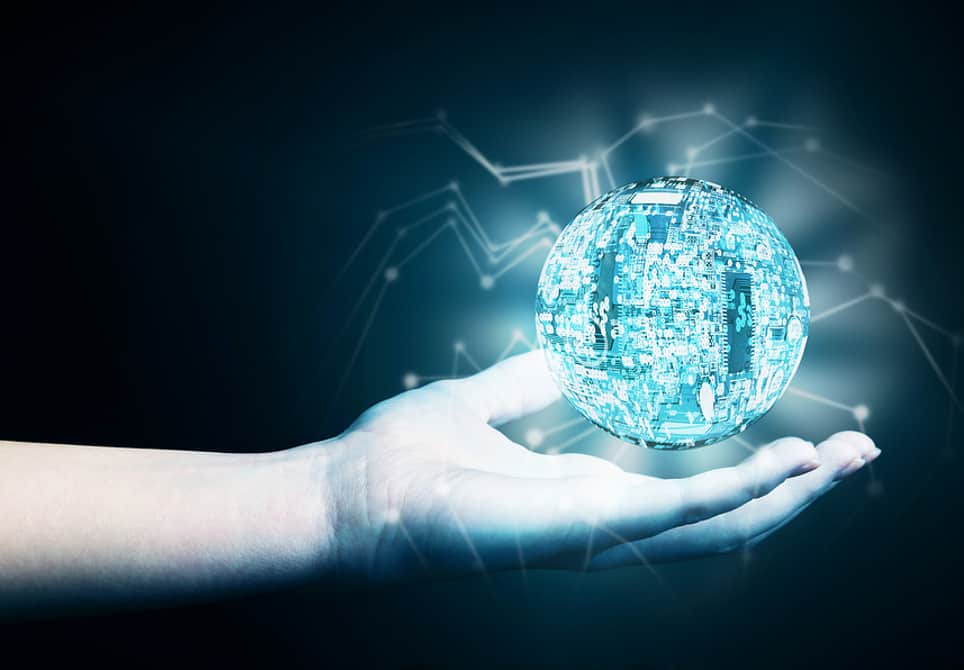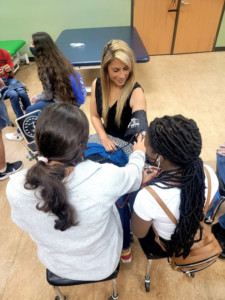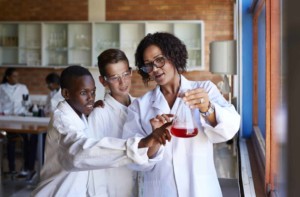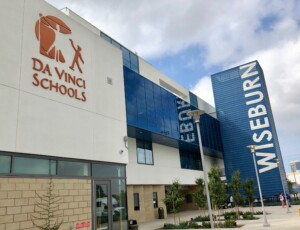Redefining Career Readiness for an Uncertain Future

The world of work is changing rapidly. Those changes will have big implications for how we approach learning and what our education system aims to achieve.
- Working alongside smart machines could lead to a clearer focus on what is uniquely human, as people work increasingly in complement to our new machine partners. Those new labor relations could go so far as to lead to more satisfying and creative work for many people.
- On the other end of the spectrum, the proliferation of smart machines could lead to massive technological unemployment, either for a time (think Industrial Revolution) or long-term (think total redefinition of the role that wage labor plays in people’s lives).
- Might readiness come to mean acquiring and updating portfolios of demonstrated skills, with people dipping in and out of educational experiences throughout their lifetimes?
- Will education emphasize career readiness, human development or some mix of both?
- Could focusing on career readiness set people up to chase rapidly changing and increasingly elusive work, with workforce projections and education systems struggling to keep pace with exponential change?
- Could focusing education on human development undermine our ability to work effectively – or might it be the key to differentiating people’s contributions from those of machines?
- The K-12 sector no longer pushes students toward post-secondary options that might not adequately prepare them for the new world of work.
- The higher education sector splinters as diverse definitions of the purpose of education emerge.
- Education at all levels comes to focus on skill development.
- Learning structures become increasingly fluid, with learning experiences organized around learners’ needs and interests rather than traditional boundaries.
- Personalized learning comes to focus on dynamic curation of customized learning relationships with an expanding range of educators and other learning partners.
- Algorithmic coordination helps match learners with the learning experiences they need to succeed (think Uber School).
- Lifetime personal learning bots help learners navigate experiences and develop machine partnership literacy.
- Public funding for education shifts to provide lifetime support for people of all ages to move in and out of learning as their needs dictate.
This blog is part of “It’s a Project-Based World” series. To learn more and contribute a guest post for the series, see the Project-Based World page. Join in the conversation at #projectbased. For more, see:
- What Powers Project-Based Learning? New Technology Provides the Answer
- Students and Employers Benefit in Real World PBL
- 3 Elements of Deeper Project-Based Learning
Stay in-the-know with all things EdTech and innovations in learning by signing up to receive the weekly Smart Update. This post includes mentions of a Getting Smart partner.







0 Comments
Leave a Comment
Your email address will not be published. All fields are required.